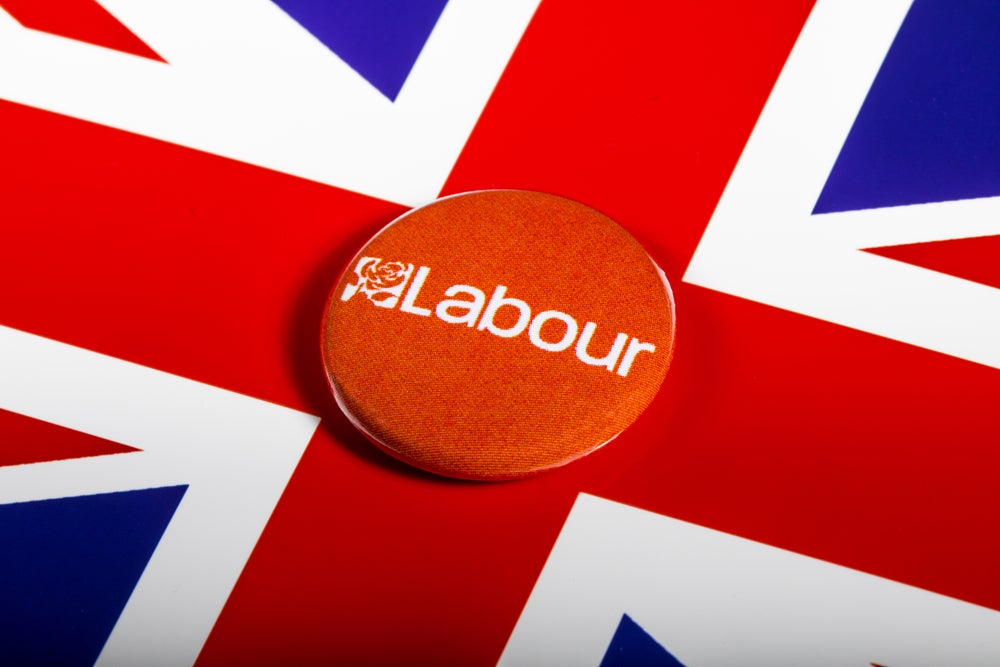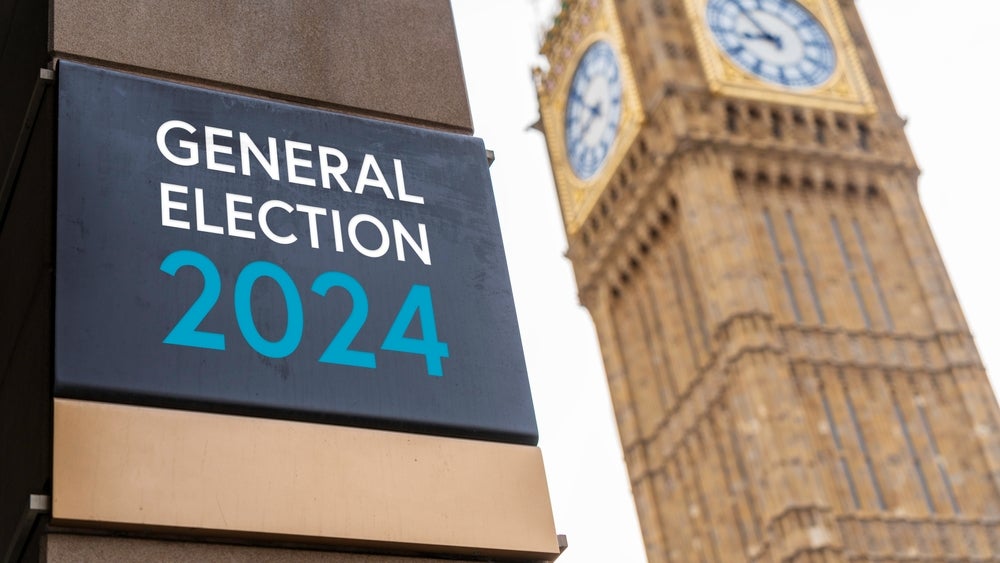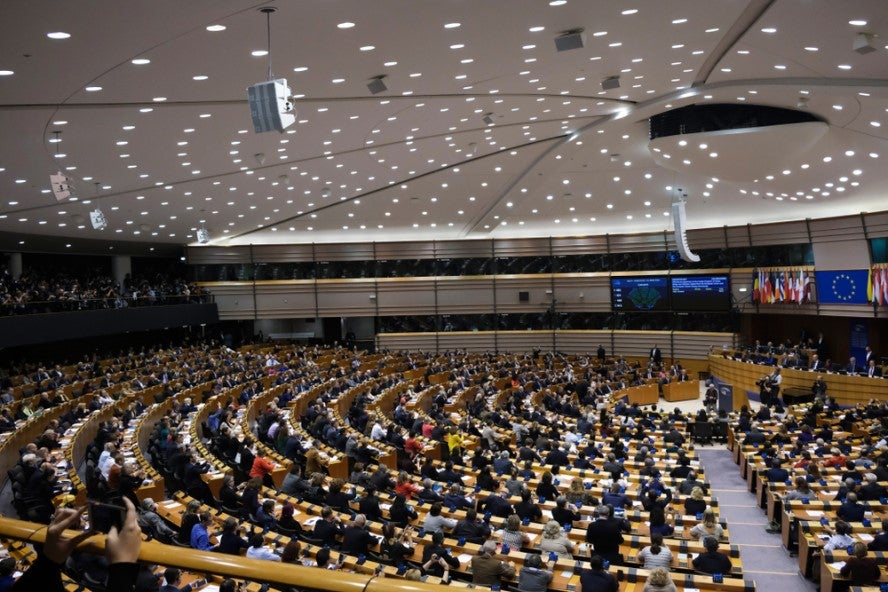
The Science Based Targets Initiative (SBTi), a key player in corporate climate action, recently found itself at the centre of controversy following a surprising policy shift on carbon offsets.
This development has sparked significant internal turmoil and debate within the organisation.
Last month, SBTi published a statement on its website allowing companies to use carbon credits to offset Scope 3 emissions from their supply chains.
This marked a stark departure from the group’s previous stance, which prioritised reducing emissions across the entire supply chain and only using offsets as a last resort.
According to Bloomberg, the shift in policy led to staff temporarily taking down the statement, believing the site had been hacked.
When it was confirmed to be legitimate, employees called for the resignation of the board and the CEO. The policy change did not come abruptly but was rooted in organisational shifts over the past year.
How well do you really know your competitors?
Access the most comprehensive Company Profiles on the market, powered by GlobalData. Save hours of research. Gain competitive edge.

Thank you!
Your download email will arrive shortly
Not ready to buy yet? Download a free sample
We are confident about the unique quality of our Company Profiles. However, we want you to make the most beneficial decision for your business, so we offer a free sample that you can download by submitting the below form
By GlobalDataAccording to Bloomberg’s sources, SBTi transitioned from being a collaboration of three NGOs and the United Nations to an independent entity with a board of trustees. Some board members reportedly favoured expanding the offsets market, leading to the policy shift.
The board’s decision to publish the statement, bypassing staff and violating internal procedures, exacerbated tensions. Only one board member, Manuel Pulgar-Vidal from WWF, voted against it. Pulgar-Vidal declined to comment on the matter, Bloomberg reported.
SBTi’s CEO Luiz Amaral defended the board’s decision, stating, “SBTi governance is designed to have different perspectives represented and such diversity is welcomed.” However, the controversy has raised questions about the influence of commercial interests within the organisation.
Speaking to Bloomberg, Ulrich Volz from SOAS University of London pointed out the risk of outsized influence from certain philanthropies and financial institutions on climate-focused bodies like SBTi.
Carbon offsets
The debate over carbon offsets is broader than SBTi. Carbon offsets have emerged as a mechanism to fund environmental projects designed to reduce greenhouse gas (GHG) emissions. This concept allows companies and individuals to purchase and trade carbon credits to offset a portion of their own emissions. The revenue generated from these transactions is then channelled into projects aimed at reducing emissions or sequestering carbon. However, the efficacy and ethical standing of carbon offsets have been subjects of considerable debate, with objections arising on several fronts.
Critics argue that offsets often promise more emissions reductions than they deliver, raising doubts about their overall effectiveness. Additionally, there are concerns that reliance on offsets could discourage businesses from reducing their own emissions, potentially slowing the transition to zero-emission systems. These issues have made carbon offsets a contentious topic in corporate climate action.
Paul Simpson, a former board member, told Bloomberg, “It’s bigger than SBTi, but SBTi has become the lightning rod.”
The issue has drawn criticism from various quarters, including prominent figures at a recent London gathering of offset supporters. Rachel Kyte from the Voluntary Carbon Markets Integrity Initiative highlighted an “SBTi problem” that needed urgent resolution.
SBTi’s funders, including the Bezos Earth Fund and the IKEA Foundation, have also come under scrutiny. Bloomberg estimates that the offsets market could grow significantly if SBTi eases its rules.
Despite the internal upheaval, SBTi continues its work, validating company emissions targets and revising its corporate net-zero standard.
SBTi’s Amaral acknowledged the distress caused by the April 9 statement and promised more detailed guidance in July.
In light of these events, calls for compromise have grown louder. Nat Keohane from the Center for Climate and Energy Solutions suggested that SBTi might need to adopt a more flexible approach to Scope 3 emissions, considering the evidence with an open mind.
The situation at SBTi underscores the complex and contentious nature of corporate climate action, particularly regarding the use of carbon offsets.
Asset finance banks shun SBTi climate verification
SocGen, ABN Amro and HSBC will no longer seek approval on their climate targets by the SBTi
SBTi’s tailored route to net zero for SMEs
CHG-MERIDIAN commits to emissions reduction targets under SBTi initiative
Alfa unveils net zero targets on the back of SBTi validation







